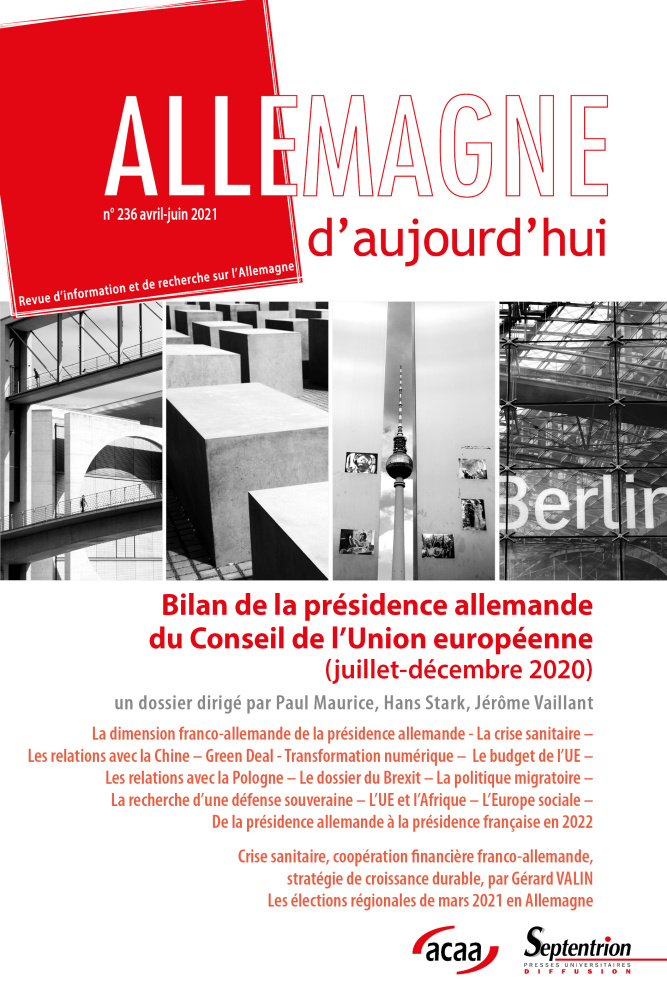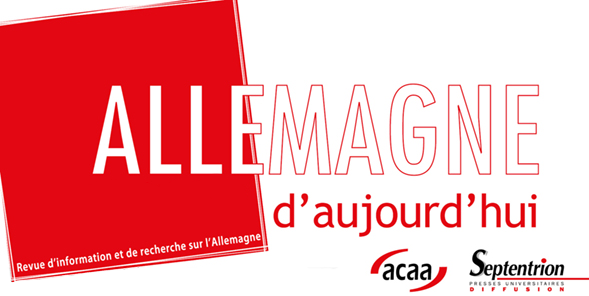European asylum and immigration policy: what role for the Franco-German couple?

EU policy on migration and asylum is being built for the last 20 years. But this process is today on hold although France and Germany support the same position on this matter. However, the “migration crisis” in 2015 highlighted the weakness of the Franco-German alliance and the extend to which France’s support to Germany was timid although Germany was facing an extraordinary circumstances.

The Franco-German couple has difficulties to convince or impose a shared political objective to its European partners. As a consequence, European countries are getting around the EU framework in order to address the freeze of EU negociations on the future of EU policy on asylum and migration. The European Commission’s Pact on migration and asylum, adopted on September 23, 2020, is an attempt to relaunch the negociation process. The Commission relied on the German presidency of the EU to reach a political agreement on main topics of the proposed pact. But Germany failed to achieve progress on this thorny topic. France will take over in 2022 but France’s efforts will take place in a moving European lanscape following national elections in Germany and in France.
Matthieu Tardis is Research Fellow at the Center for Migration and Citizenship at the French Institute of International Relations - Ifri.
This publication is available in French: Allemagne d'aujourd'hui, n° 236, avril-juin 2021 (p. 103-114).






